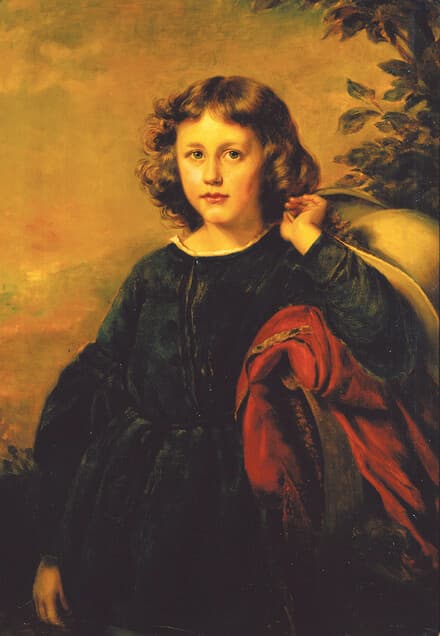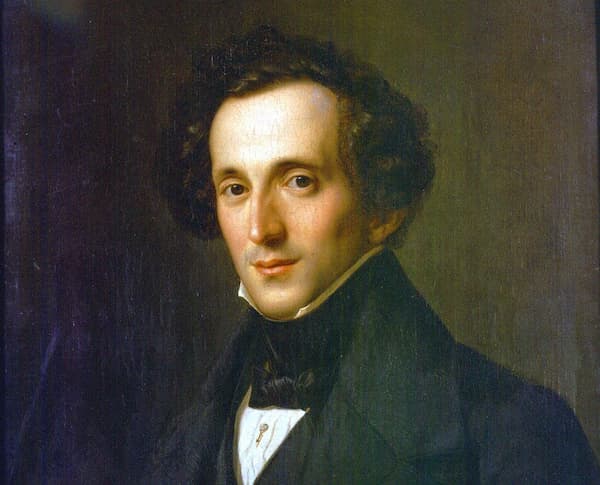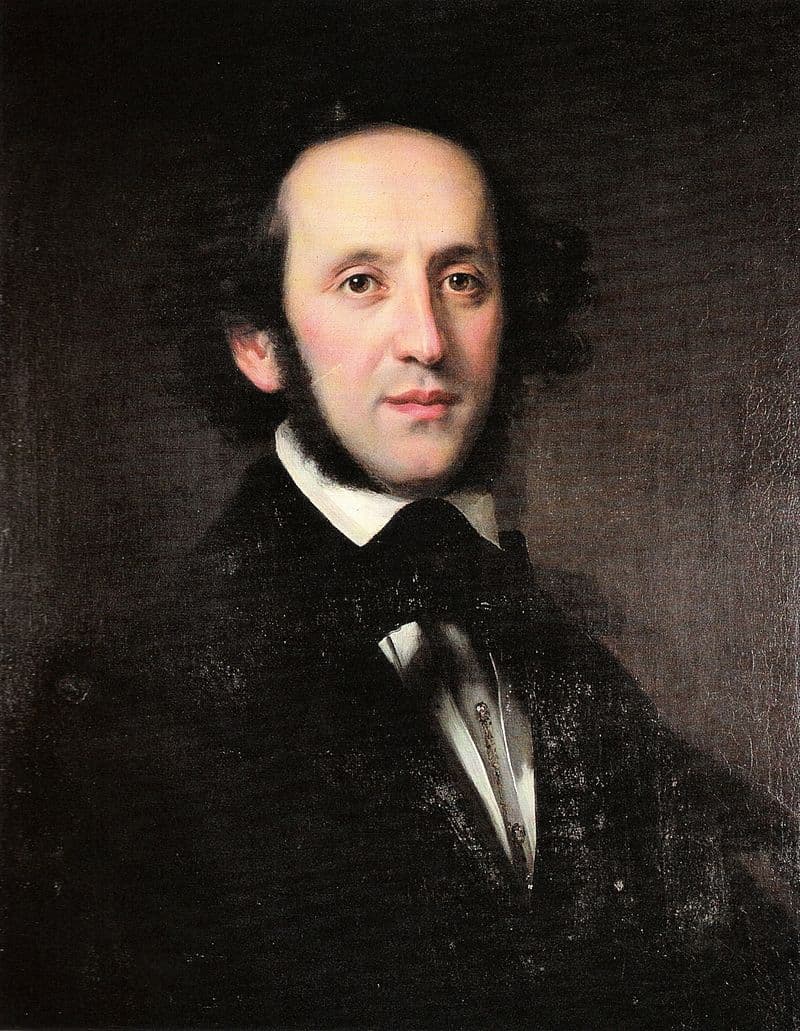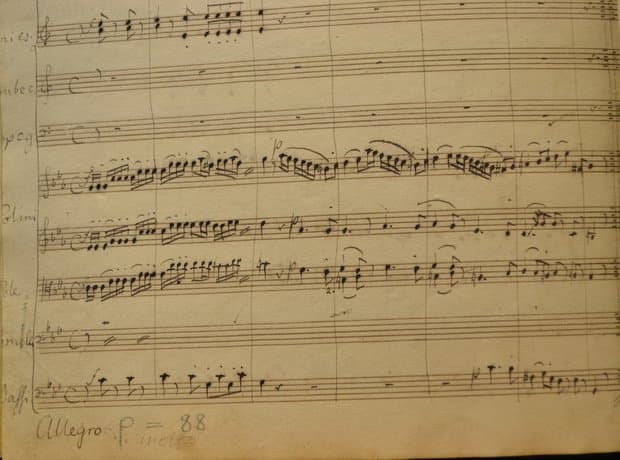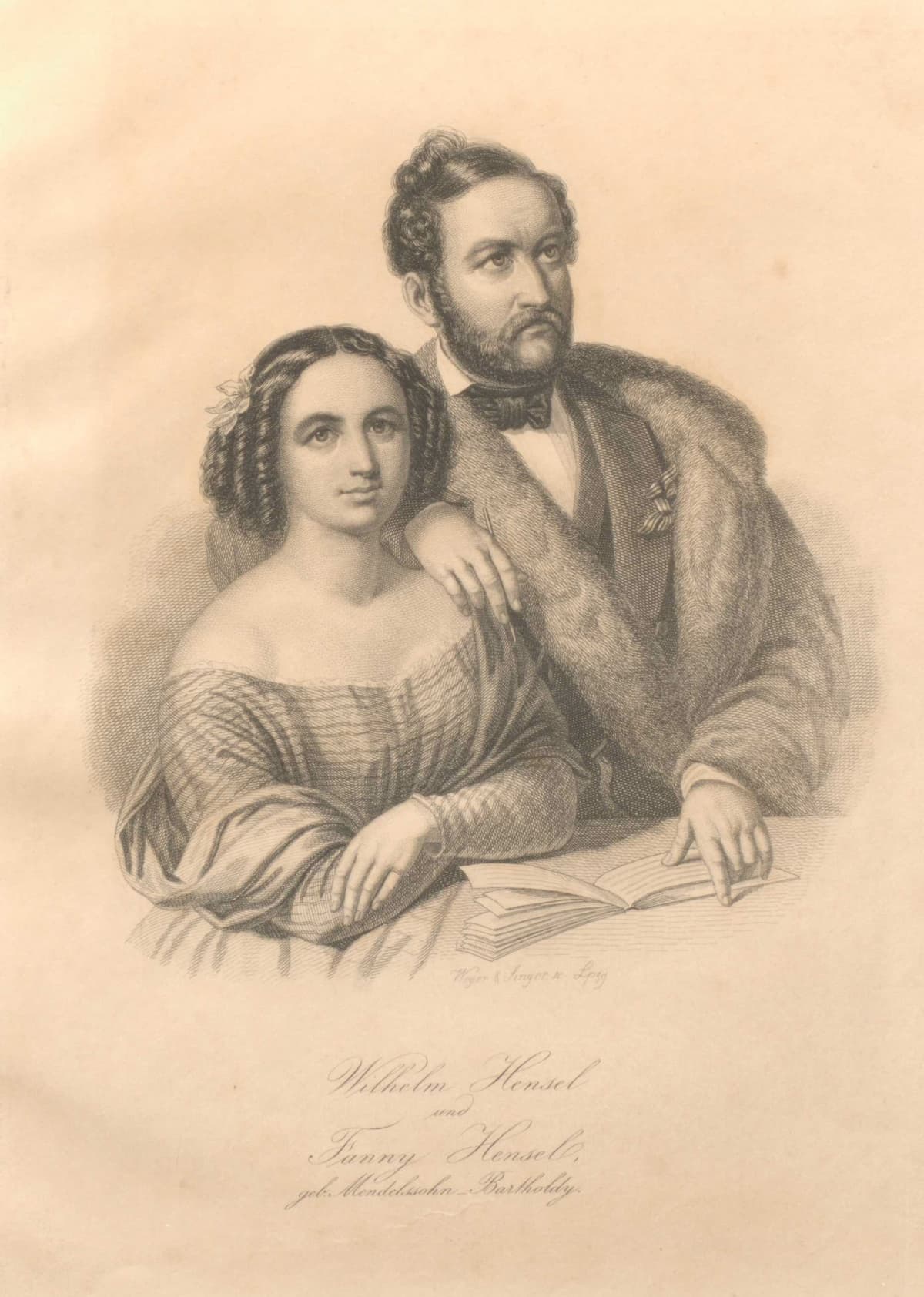In the spring of 1836, Felix Mendelssohn met a singer named Cécile Charlotte Sophie Jeanrenaud, who was a member of the Cäcilienverein choir in Frankfurt. He was immediately attracted to her. That summer, he returned to Frankfurt, wanting to get
Mendelssohn
Felix Mendelssohn was one of the 19th century’s most gifted composers. Blending classical elegance with a touch of romantic flair, his music is truly timeless. From the sweeping grandeur of his symphonies to the ethereal charm of his concertos, or
As the director of the Leipzig Gewandhaus concerts, Felix Mendelssohn was approached by the local Theatrical Pension Fund to provide them, free of charge, with some incidental music for a performance of Victor Hugo’s 1838 drama Ruy Blas. Specifically, they
Felix Mendelssohn was born in 1809 in Hamburg, Germany. He became one of the most dazzling talents in classical music history and helped to lay the ground for classical music’s Romantic Era. Here are a few facts about his life
By the time Felix Mendelssohn (1809-1847) reached his 14th birthday, he already had an impressive variety and number of works in his compositional portfolio. In fact, between 1821 and 1823 alone, he composed a total of 12 symphonies for strings.
In 1826/27, Felix Mendelssohn published a collection of songs as his Opus 8, followed by a further collection in 1830, his Op. 9. Yet hidden in these collections are actually 6 Lieder composed by his sister Fanny Mendelssohn, published under
A caprice is something that takes you on a whim, an impulsive action, an unpredictable change, and a perfect inspiration for a Romantic piano piece. In Mendelssohn’s Capriccio brilliant, written in May of 1832 and performed in London that same
Felix Mendelssohn’s eight volumes of Songs without Words were written between 1829 and 1845 and in those sixteen years, Mendelssohn not only created a new genre but became its boldest exponent. He was followed by his sister, Fanny Mendelssohn, and

